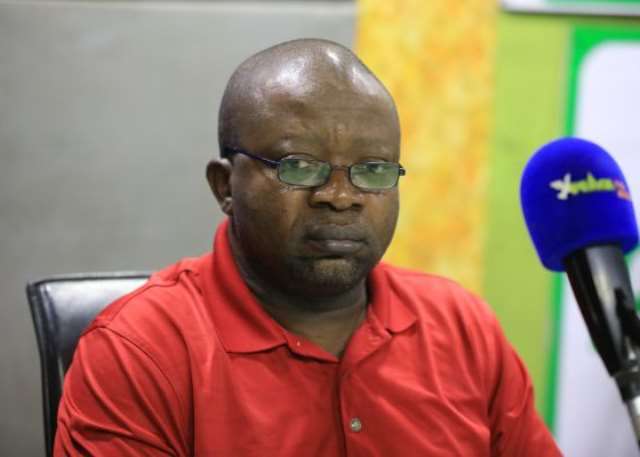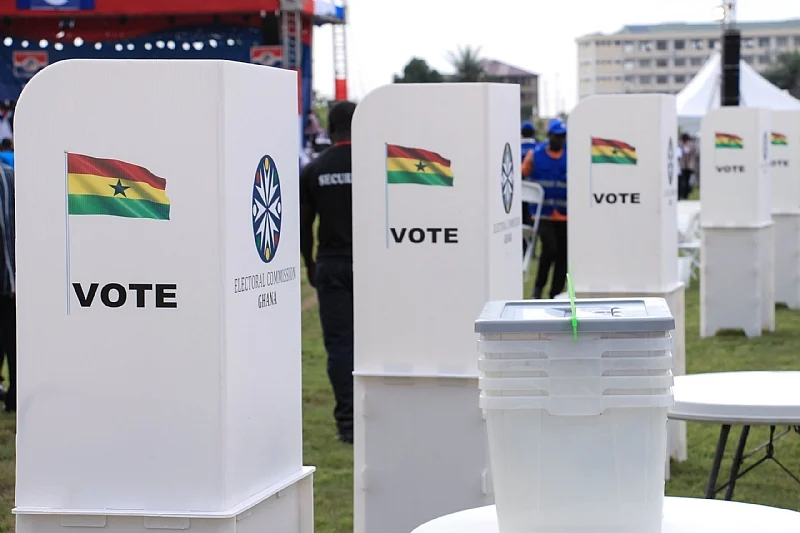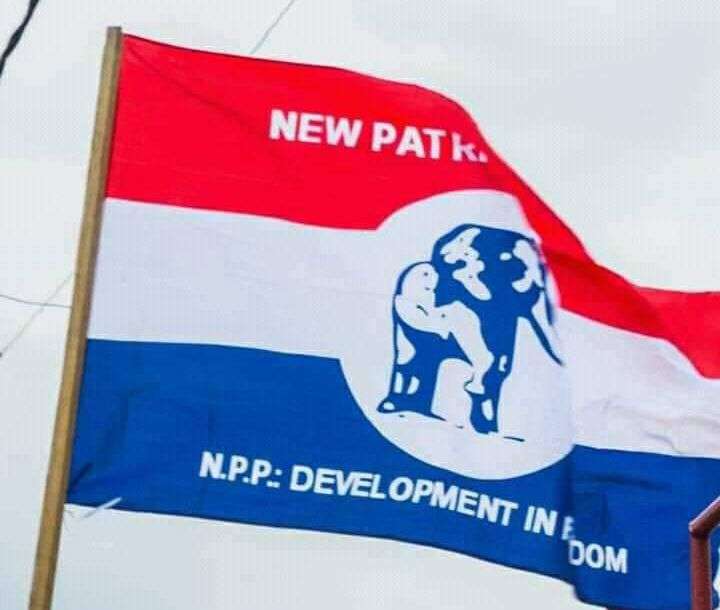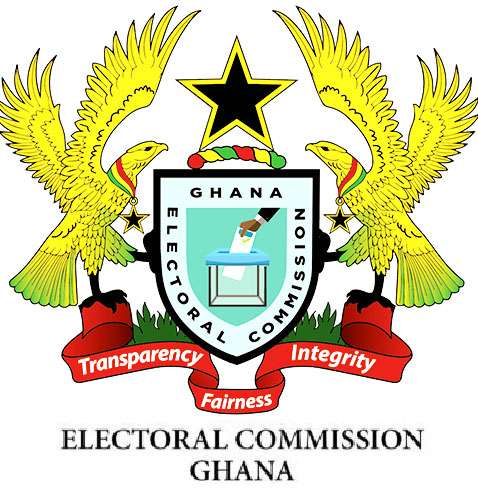A senior political scientist has backed the New Patriotic Party’s (NPP) legal challenge regarding the ongoing Electoral Commission (EC) controversy in the Ablekuma North constituency, describing it as a justified course of action given the way the issue has evolved.
According to Dr. Kwame Asah-Asante, the EC had initially opted to resolve the matter through the legal system, making it logical and expected that it should have continued along that path when complications emerged.
The political analyst explained that once a judicial route has been chosen, any difficulties encountered along the way should be brought back before the court for clarification or direction.
In his assessment, the Electoral Commission deviated from the appropriate legal course by opting to approach Parliament rather than returning to the court for further guidance after receiving initial judicial directives.
“If you are in difficulty, you go back [to court] and say that there are difficulties. So then you seek further directions. On your own accord, you went to Parliament and told a different story. And a few days later, you made a turn.
“Obviously, the actors within this business will raise a finger and challenge the process. So I was very much happy that NPP took the matter to court.”
Dr. Kwame Asah-Asante

He observed that the Electoral Commission’s decision to bypass the established judicial path left its actions vulnerable to scrutiny and backlash.
By not adhering to the original legal process, the Commission undermined the authority of the court and created grounds for legitimate concern, especially from political stakeholders with vested interests in the Ablekuma North rerun.
This deviation, he argued, weakened the credibility of the process and invited questions about transparency and institutional consistency.
Reforms Urged In EC, Election Process Amid NPP Issues
Beyond the specific case of Ablekuma North, Dr. Kwame Asah-Asante expressed broader concerns about the structural gaps in Ghana’s electoral system.
He argued that the confusion and controversies that have surrounded this case highlight a much deeper issue—the urgent need to revisit and strengthen the laws and procedures that govern elections.

“I think as a state, we need to go back to the drawing board and get certain basic things right in relation to the rules governing the conduct of elections.
“It is important that all stakeholders pick up all the pieces together so that after this exercise, we can sit down and see where reforms are necessary.”
Dr. Kwame Asah-Asante
He noted that the ongoing situation has revealed “a lot of missing links” in the management of electoral processes—gaps that, if left unresolved, could undermine future elections and damage public confidence in democratic institutions.
Failing to address these shortcomings, he argued, would risk setting a negative precedent that could encourage questionable practices in subsequent polls, ultimately to the detriment of the nation.
Addressing a potential boycott of the Ablekuma North rerun by the NPP, Dr. Asah-Asante was unequivocal in his stance that abstaining from the contest would be a misstep.
He questioned the rationale behind such a decision and emphasized that despite any legitimate frustrations, the party should remain engaged.

He acknowledged their concerns but maintained that active participation was a more constructive path forward.
“This is your constituency. You have won. It’s your stronghold. So what is it they are afraid of? They should go there and then organize themselves and compete.”
Dr. Kwame Asah-Asante
Dr. Asah-Asante’s analysis reflects growing calls for clarity, consistency, and accountability in electoral processes nationwide.
As the controversy continues to unfold, it serves as a timely reminder of the importance of institutional discipline, legal fidelity, and stakeholder collaboration in safeguarding democratic governance.
The Ablekuma North case is shaping up to be more than a local issue; it has quickly become a national flashpoint, testing the limits of Ghana’s electoral institutions and the resilience of its political actors.
What happens next could influence not only the upcoming rerun but also broader electoral reforms heading into future elections.
READ ALSO: Pope Leo XIV Meets Zelenskyy



















